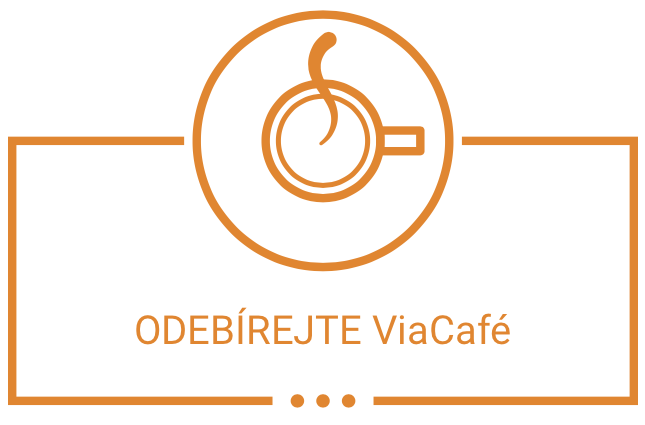Community Alphabet is Via’s international peer learning program for active residents interested in inclusive participatory approaches. Community Alphabet (CA) connects them, creates space for learning and uses practical examples from various European countries to show ways to bring together people with different life experiences and worldviews. “CA participants explore specific approaches and examples that shed light on themes that are crucial to community building. Our goal is to ensure that community initiatives in Central and Southern Europe have the necessary knowledge, tools and support to confidently implement inclusive participatory processes. We have also developed and run the Trust Community website, which offers case studies, videos, e-books on relevant themes and contacts to our participants and other community builders engaged in the program,” says Helen Lenda, who leads the Community Alphabet program.
A total of 82 community leaders from various corners of Europe have gone through or are currently participating in the program. Anamarija Tumbas is one of them. We share her story below.
Anamarija Tumbas is a singer-songwriter and producer known in Serbia by her stage name Stroberiz. She is also a community builder and one of 27 new participants in the Community Alphabet 2025-27 program. How does a musician get involved in community work? “Music has given me the opportunity to meet many people and travel a lot. I realized that it was those connections and the sense of community that I truly needed,” explained Anamarija, who works at the Klara i Rosa cultural community center in Subotica.
Anamarija’s mission at Klara i Rosa focuses on building community, which is a challenging task in this Serbian city located on the border with Hungary. Subotica is regarded as a highly polarized city. “About 50% of the population in Subotica is Hungarian and the city is also home to many newcomers and foreigners. Subotica is changing completely. I think we now have 29 registered nationalities,” said Anamarija.
“I wanted to learn how to build a community and how to engage people,” she noted, explaining why she applied to the program. “I was intrigued that we would be learning communication skills. I consider that very important because I feel we often take speaking too lightly,” Anamarija said. “I am most looking forward to the part of the program where we will see examples of how other people are building communities in different parts of Europe. But I am also excited to just have conversations with other participants, which I also find very valuable.”
In Anamarija’s view, the Community Alphabet program stands out because it is so interactive.
"I go to a lot of trainings and similar events, but this program is really exceptional. Here, we can actually share experiences with others. The amount of time we can spend engaging in dialogue, discussions, and brainstorming is something we haven’t had anywhere else!" Anamarija added.
Anamarija Tumbas
Each participant in Community Alphabet develops an applied learning project, through which they try out approaches or ideas introduced in the program to further their community building practice. Anamarija’s project is about memory maps of Subotica. “My idea is to create small maps of Subotica featuring the memories of its residents, perhaps even highlighting places that no longer exist but where something significant happened. Subotica residents can also include tips on where to buy the best tomatoes and such. These personalized maps will then be distributed to help people experience their city through someone else’s eyes. We want to assist newcomers who often get stuck in their own street when they move to Subotica. We want to give them the chance to explore the city,” Anamarija continued.
“My goal is to encourage Subotica residents to be active. While they do come to our center now, they need us to organize events for them. I would like to inspire them to understand that they can be active on their own. I dream of a day when every room in our Klara i Rosa community center is filled with people, each doing something,” Anamarija said.
"When I was younger, I really wanted to leave Subotica. I believe that our cultural center can motivate some young people to stay. It is very important to me that we don’t leave for bigger cities where everything is already happening, but that we live it here in Subotica," -Anamarija Tumbas
Anamarija Tumbas



